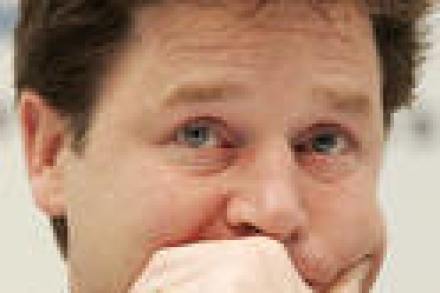Coming to blows
As always, Rachel Sylvester’s column in the Telegraph is essential reading. Today she writes of how divide, doubt and mistrust have permeated every level of the Government. In particular, this revelation jumped out at me: “Behind the scenes, things are even worse. With no clear direction from above, Cabinet ministers are at each other’s throats. I am reliably informed that, after one recent Cabinet meeting, Jack Straw threatened to punch Ed Balls during a row about who was responsible for youth crime. The Justice Secretary came back to his department fuming that he had never been spoken to so rudely by a colleague in public and that he was not















